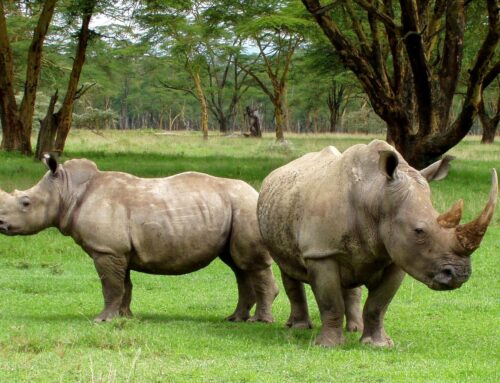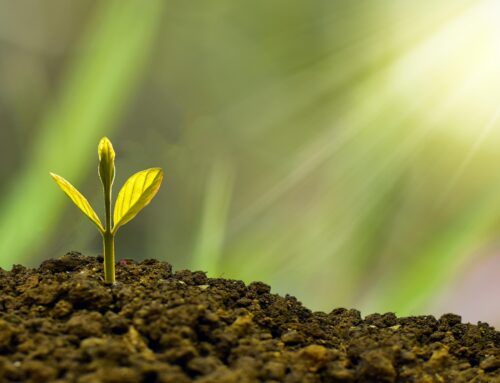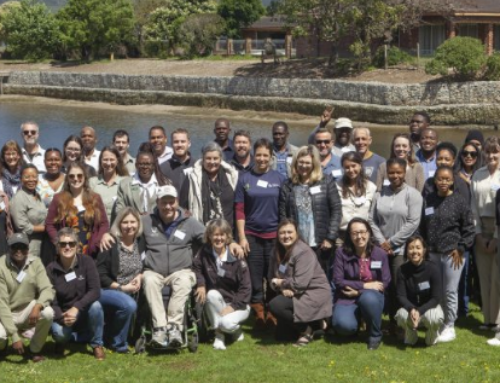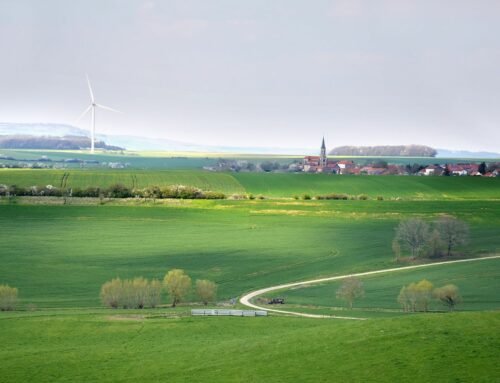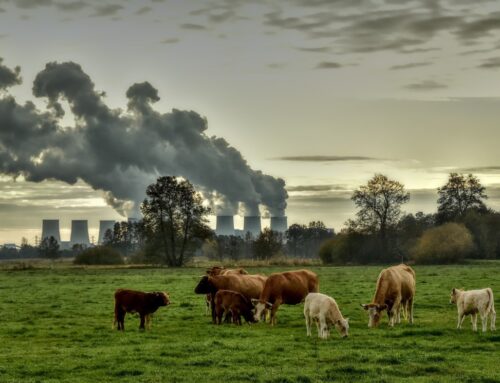Last month, the Centre for Complex Systems in Transition (CST) and Southern African Programme on Ecosystem Change and Society (SAPECS) hosted an introductory course on social-ecological systems for Masters and PhD students doing research at the interface of ecosystems and society. Twenty eight students from around Africa gathered to start their learning journey away from the hustle and bustle of everyday life at the Sustainability Institute, an international living and learning centre which provides learning experiences in ecology, community and spirit, in Stellenbosch, South Africa.
The goal of the SAPECS Winter School were to provide new scholars involved in, or planning to do, research on the interactions between ecosystems and society with insight into the key concepts, theory and methodological approaches for undertaking social-ecological systems research. The focus was to strengthen the capacity of students starting out on their postgraduate journey at the interface of ecosystems and society in disciplines such as integrated water resource management, climate change, environmental studies, conservation ecology, botany, zoology, anthropology, sociology and geography.
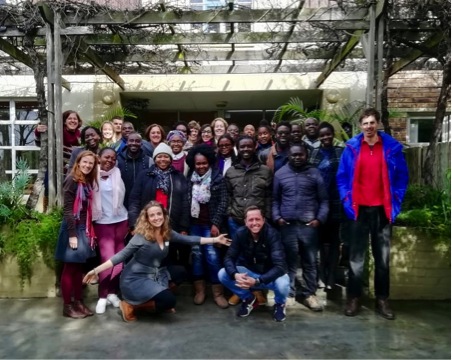
Twenty eight students participated in the SAPECS winter school.
Over a 5-day period (Monday 15 July – Friday 19 July), the participants had three days of lectures and practical exercises, and a field-based learning journey where they had the opportunity to apply what they had learnt. The first two days covered an introduction to the Anthropocene, complex adaptive systems; social-ecological systems, regime shifts and resilience. Mid-week they began to apply what they had learnt on a learning journey around the Sustainability Institute and Spier Wine Farm which ended at the STIAS for an Anthropocene dialogue on “Marine Governance in the Anthropocene”. On Thursday the participants tackled the topic of methods through a presentation on Trandisciplinary research, a review of the different methods that the participants were using and where they all fell in the scope/type of existing SES methods. The final day was for reflections and a panel discussion during which some of the participants shared their experiences
The participants said that the winter school met its stated objectives and provided them with new knowledge that could be applied to their own work. “l am from an agricultural background and everything that was taught during this course was new to me. I am so happy to be part of this learning journey. I’m now viewing socio-ecological systems with different spectacles. I will apply the knowledge of complex systems that l learnt in my postgraduate studies,” said one student.
They all said they would recommend the winter school to other post graduate students and their colleagues. The lectures and facilitators also learnt much from the students appreciate the great feedback. The next winter school will be longer to give the participants more time and space to digest what they’ve learnt, to engage with each other in informal settings and a chance to sight see.



